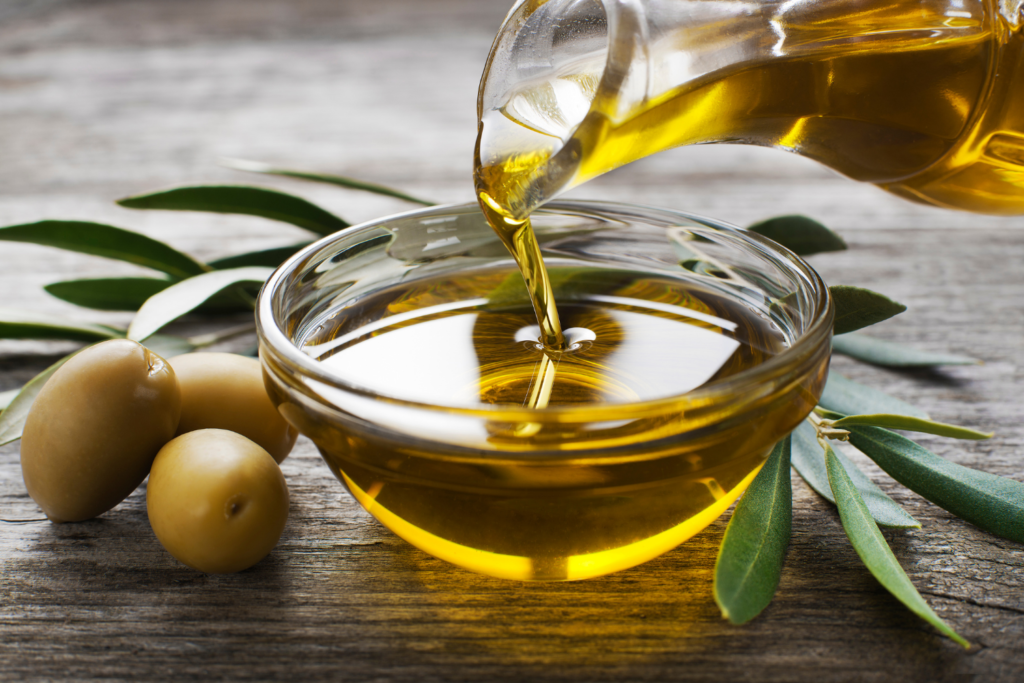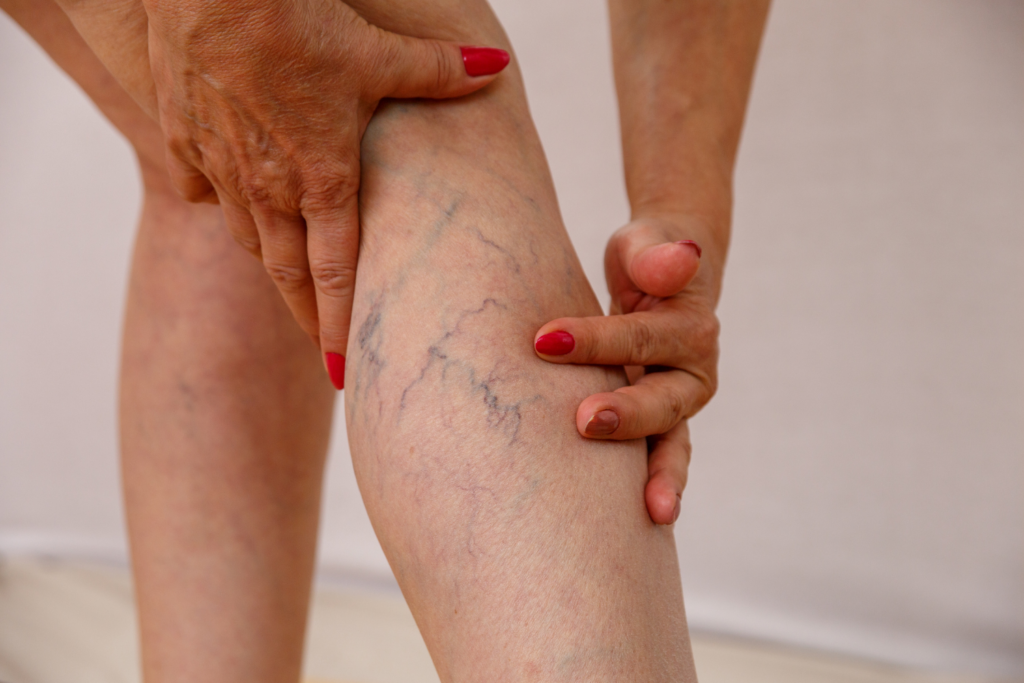Migraines can be debilitating and can last anywhere from a few hours to a few days. Sufferers often turn to medication for relief, but there are also natural remedies that may help with migraine relief. Keep reading to discover how to get rid of migraine headaches without medication.
Contents
Natural Remedies for Migraine Headaches
If you suffer from migraine headaches, then you know how debilitating they can be. Painkillers may offer some relief, but if you are looking for a more natural way to combat your migraine headaches, then this article is for you. Here we will explore various methods to help reduce the frequency and severity of your migraines without relying on medication.
1. Proper Hydration
Dehydration can often be an underlying cause of migraines, so it is essential to ensure that you are drinking enough water throughout the day. A good rule of thumb is to drink at least eight 8-ounce glasses of water per day in order to keep your body properly hydrated. You should also avoid drinks that contain caffeine or alcohol as these can dehydrate your body even further and potentially lead to more frequent migraines.
2. Essential Oils
Essential oils have been known to provide relief from migraine headaches when used properly. Lavender oil has been shown to reduce tension headaches while peppermint oil can help alleviate nausea associated with migraines. Rosemary oil is another popular option as it helps promote relaxation and reduce stress levels. When using essential oils for migraine relief, you should make sure that you dilute them properly before applying them directly onto the skin or inhaling them through aromatherapy diffusers.
3. Supplements
Certain supplements can also be used to help reduce the frequency and severity of migraine headaches. Magnesium, Coenzyme Q10, and Riboflavin are all popular supplements that have been proven to help reduce the occurrence of migraines. When taking supplements, it is important to make sure that you are taking the recommended dosage as too much can be harmful.
There are also several herbal remedies that can help relieve migraine headaches. These include feverfew, butterbur, and valerian root. It is important to speak to your doctor before taking any herbal remedies as they may interact with other medications.
Which herb is most frequently used to treat migraine headache?
Feverfew is the most common herb used to treat migraine headaches. It has been shown to reduce inflammation and improve blood flow, which can help reduce the frequency and severity of migraines. Additionally, feverfew is known to have antioxidant properties, which can help protect against inflammation-related illnesses.
4. Get Plenty of Rest
One of the most effective remedies for migraine headaches is to rest in a dark room with no noise. When a migraine headache strikes, it can be beneficial to lie down in a comfortable place and try to relax. You should also close your eyes and block out all external light sources by covering them with an eye mask or cloth. Make sure that the room is completely silent by turning off any phones or other devices that could make noise. This will help to reduce stress levels, which can often trigger migraines.
A lack of sleep can trigger migraines in some people, so it is important to get enough rest each night. Aim for 7-8 hours of sleep per night and try to go to bed and wake up at the same times each day. If you have trouble sleeping due to your migraine, try taking a hot bath or using an eye mask or ear plugs.
5. Relaxation Techniques
Stress is one of the leading causes of migraines, so it is important to make time for relaxation every day. Relaxation techniques such as yoga, meditation, deep breathing exercises and guided imagery can help reduce stress levels and provide relief from migraine pain. Exercise has also been found to be beneficial in reducing stress levels and preventing future headaches.
Which yoga is best for migraine headache?
The best type of yoga for migraine headache is Yin Yoga, which focuses on relaxing the body and calming the mind. This style of yoga involves slower, gentler stretching and breathing exercises that can help reduce stress levels, relieve tension headaches, and improve blood flow.
6. Cefaly Device
The Cefaly device is a medical device that has been approved by the FDA for treating migraine headaches. The device works by delivering electrical pulses to the skin on your forehead, which helps to reduce pain and inflammation.
The Cefaly device is a non-invasive treatment can be used at home or anywhere and is an effective way to manage migraines without the use of medication. Click here to learn more about this drug-free pain relief device that is clinically proven effective. It has a 90-day money back guarantee!
7. Acupuncture
Acupuncture is a form of alternative medicine that has been used for centuries to treat various ailments, including migraine headaches. The practice involves the insertion of tiny needles into specific points on the body in order to stimulate energy flow and promote healing. Studies have shown that acupuncture can be effective in reducing both the frequency and severity of migraines when done regularly.
8. Dietary Changes
Eating a balanced diet is an important factor in preventing migraines. Keeping a migraine diary can be helpful in identifying potential triggers. Common food-related triggers include aged cheeses, processed meats, alcohol, caffeine, and chocolate. It is important to limit your consumption of these foods or avoid them altogether if possible. If you are unsure what could be triggering your migraines, it may be beneficial to consult with a nutritionist.
9. Avoid Bright Lights
Bright lights can often cause migraines, so it is important to avoid them as much as possible. This includes screens such as televisions, computers, and phones. If you do need to use them, make sure to use the lowest brightness setting available and take frequent breaks.
Conclusion
Migraine headaches can be incredibly painful and disruptive, but there are many natural remedies that may help provide relief without having to take medication. Drinking plenty of water throughout the day, getting enough restful sleep each night, and engaging in regular relaxation practices such as yoga or meditation are all simple ways that you can reduce your risk of experiencing a migraine headache or lessen its severity if one occurs. Remember that prevention is always better than cure – so make sure that you take steps towards protecting yourself from potential triggers whenever possible!







